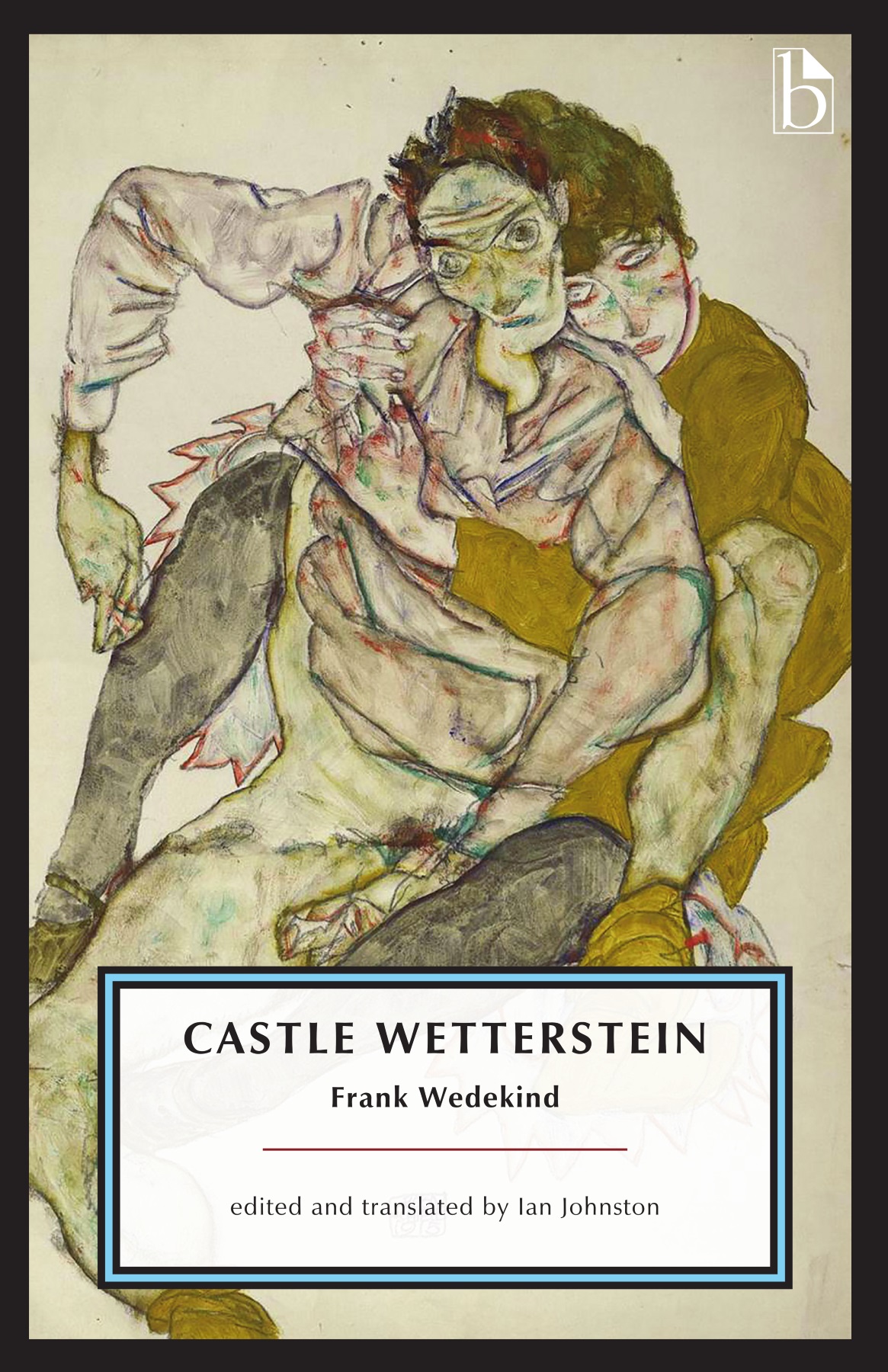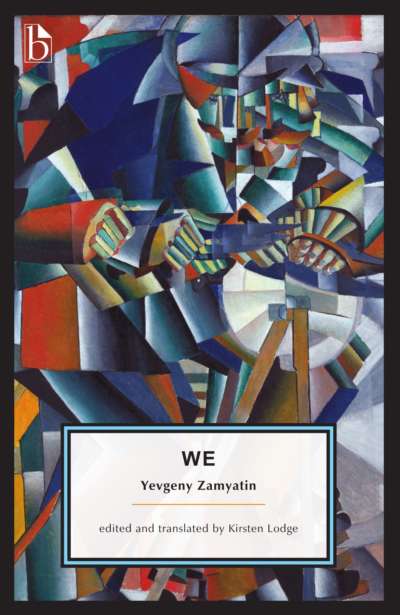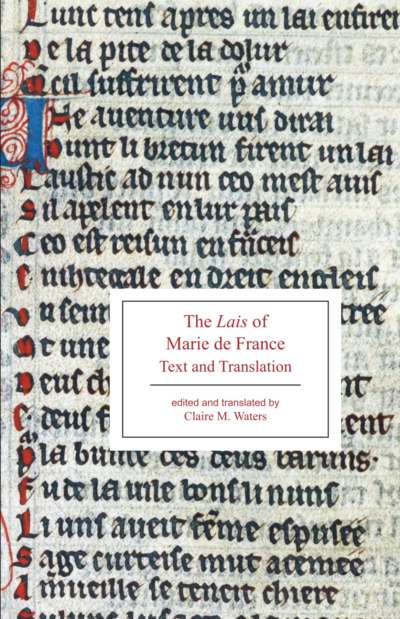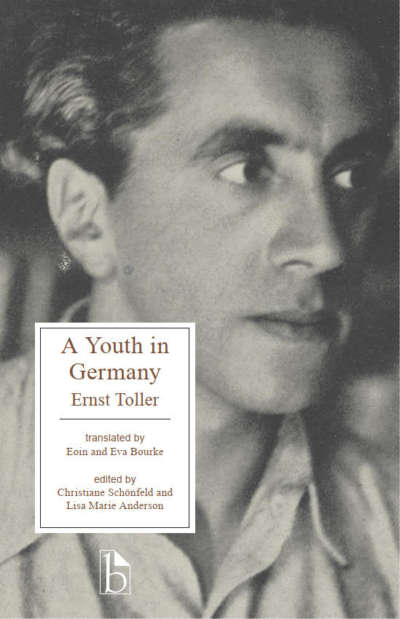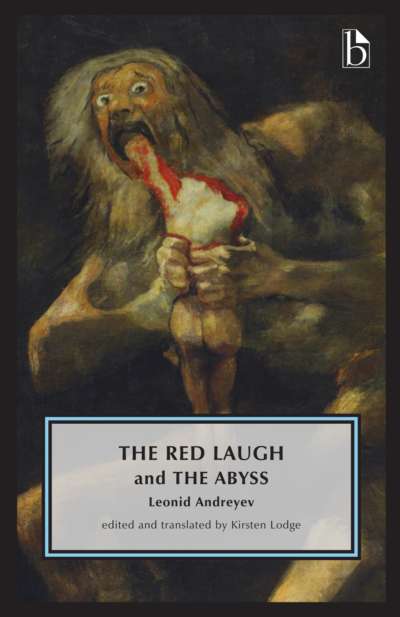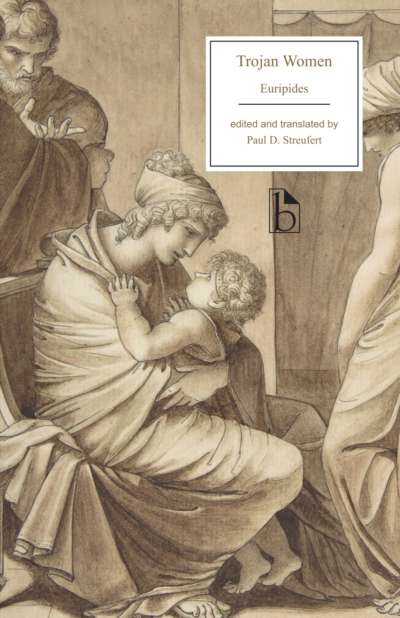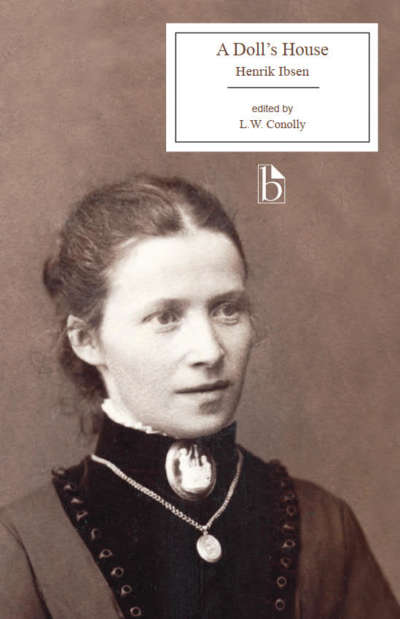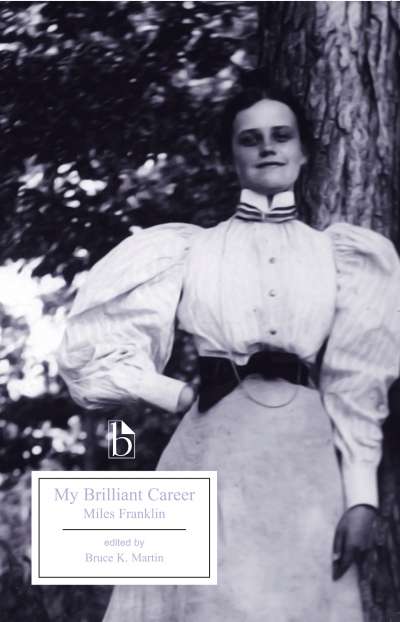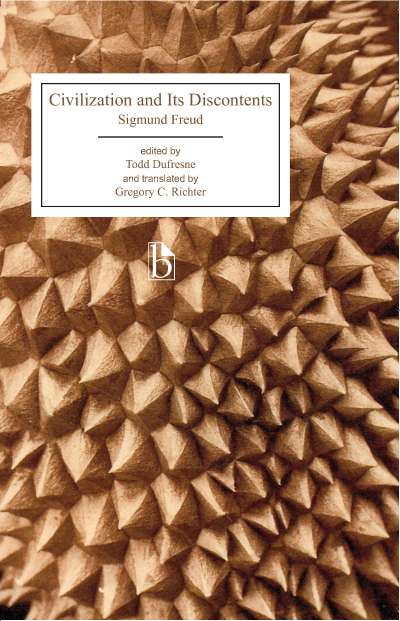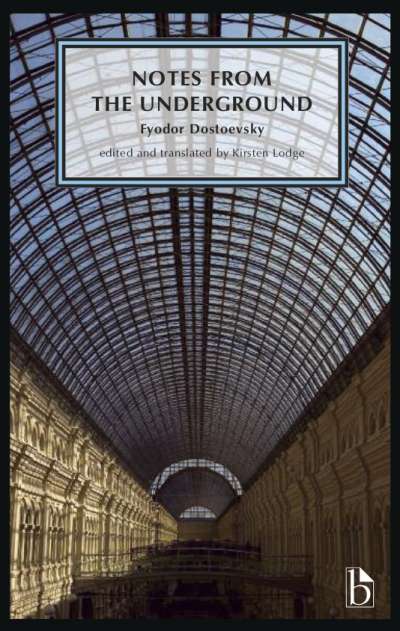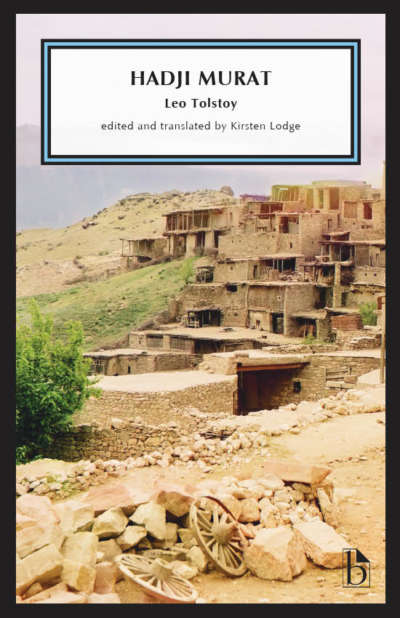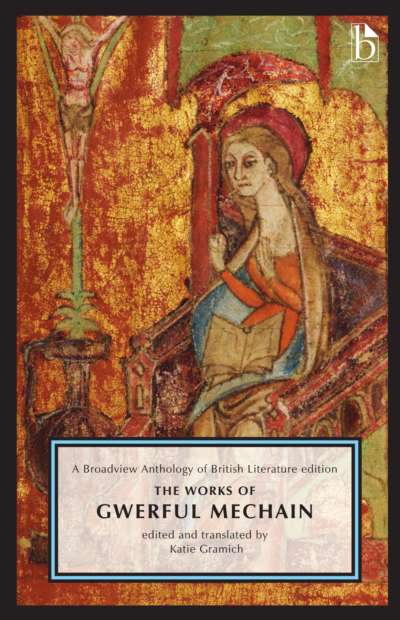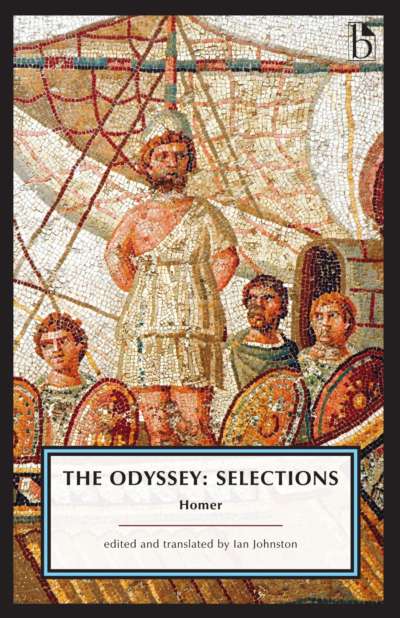“At the beginning stands Wedekind.” So wrote German literary critic Rudolf Kayser in 1917 of the new forms of expressionist theater that were then becoming central to German culture. In Schloss Wetterstein (Castle Wetterstein), one of his most important plays, Wedekind offers a satirical take on marriage and the bourgeois nuclear family; at the play’s center is a rebellious teenage girl who turns to prostitution after her upbringing in an unstable household. The play was published in 1912, but a performance ban was put into effect immediately, and continued until after Wedekind’s death.
This new edition offers a fresh translation, an illuminating brief introduction, and a selection of background materials that help to set the play in context.
Comments
“Meet young and precocious Effie who soberly compares marriage to acting: does a wife not get paid for her own amusement on the stage of wedlock? Her ‘Weltanschauung,’ scandalously louche for her time, embraces insatiability of all kinds: sex, men, and money. Freedom. Castle Wetterstein appears to rekindle an earlier Wedekind by casting Effie in Lulu’s shadow. But how much can a woman bear? Marriage, the real actor in this play, oscillates between passion and will, between intellect and the heart—and between cold transactions and love …” — Anke Finger, University of Connecticut
“‘In a hundred years, no one will understand anymore how we can make such a scandal out of such harmless fun and games,’ argues Effie, one of the characters in Frank Wedekind’s drama Castle Wetterstein. Her prediction turns out to be wrong. The play, which triggered brawls upon its German theatrical premiere in 1919, has lost nothing of its capacity to provoke. Compared to its relentless yet clinically precise dissection of marital hypocrisy, sexual licentiousness, and material greed, Wedekind’s better-known Spring Awakening resembles a timid comedy of manners.” — Tobias Boes, University of Notre Dame

